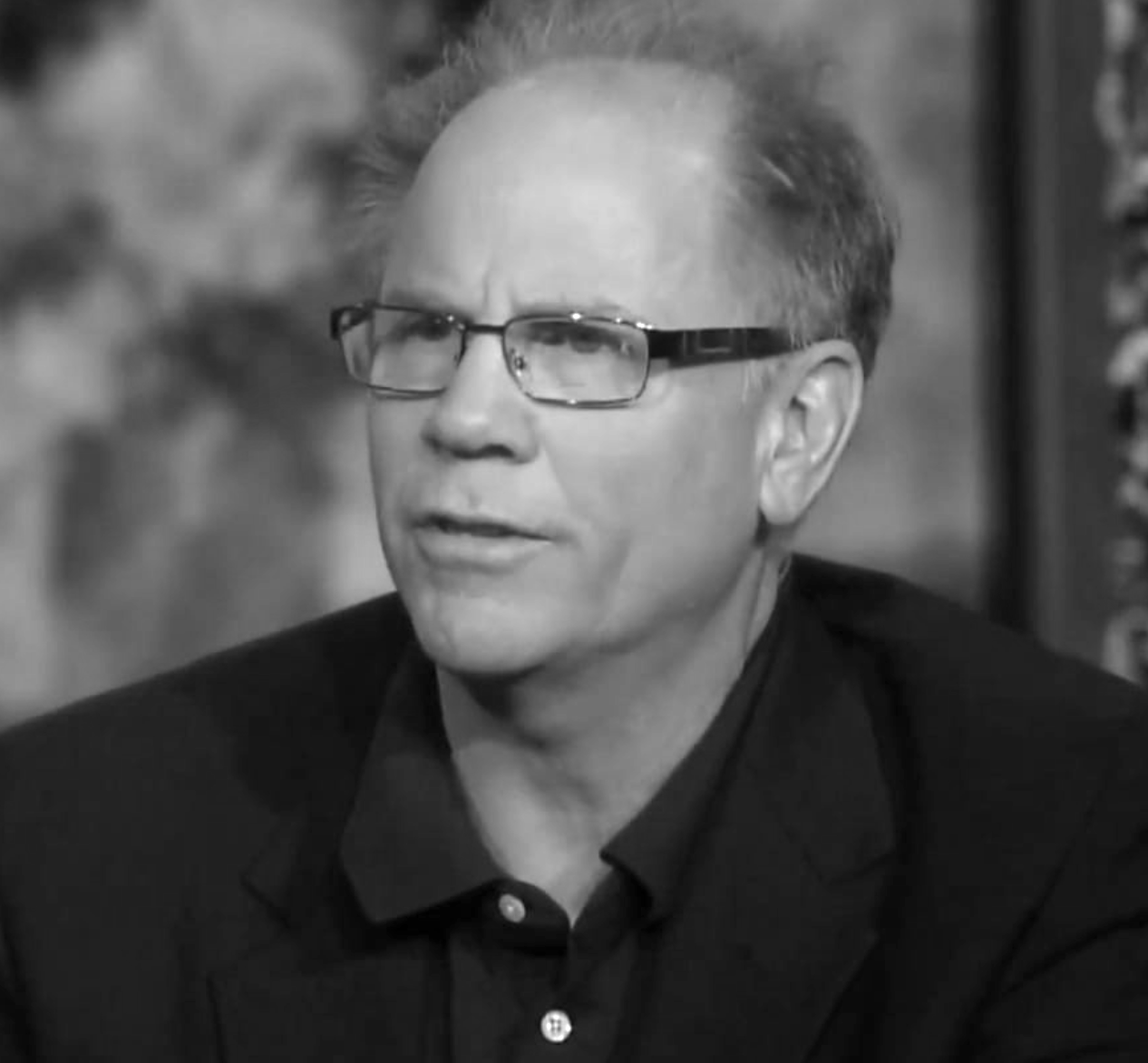Content:

What Bob McChesney Taught Me
Pressing Issues
08/19/2025
“Unless the collapse of local journalism is addressed directly and successfully, it is impossible to see how the threat of a more authoritarian future can be subdued.”
Bob and his longtime co-author John Nichols wrote that line back in 2022, in one of the last major pieces that I collaborated on with them. Bob always understood that the fates of democracy and local journalism were intertwined.
While too many others debated broken business models, tinkered around the edges or dreamed of benevolent billionaires who never materialized, Bob showed why democracy-sustaining media needs to be locally controlled, noncommercial and, yes, subsidized by the government with public dollars.
“That’s what Bob was working on until the end,” Pickard said. “Finding a way to publicly fund local journalism to build a media system based on democracy, not run-amok capitalism.”
“Throw the puck down to the other end of the ice.”
For whatever reason, this is the quip from Bob that’s always stuck in my head, maybe because it’s so quintessentially him: a plain-spoken sports metaphor as an invitation to bold change.
“Unless you can give people a vision of something dramatically better, you’re not going to build a movement,” he said when I interviewed him for Free Press’ 20th anniversary in 2024. “We need something that’s going to inspire people who aren’t investors, who don’t have another dog in the race, who aren’t lobbyists. That is not working. We’ve got to throw the puck down to the other end of the ice, as I like to say — their end of the ice, not the one where we are getting our butts kicked.”
“If you act like change for the better is impossible, you guarantee it will be impossible.”
Bob wasn’t really an optimist — not when it came to media executives or politicians, anyway. But, as John Nichols reminds us, he had great faith in popular movements and believed that we are standing in fertile topsoil capable of growing something new and powerful if we just plant the right seeds. He was always hopeful.
As I sit here now at my desk covered in dog-eared and underlined copies of Bob’s books, googling old interviews and searching through our old email exchanges, I am buoyed by his hopefulness, his wisdom, his vision.
“This vision offers us an opportunity to not just remember and celebrate but to build on Bob’s legacy,” Pickard said. “To not just critique media as it is, but to work toward creating an entirely new system from the ground up.”
The best way to honor and remember him will be to continue his work.